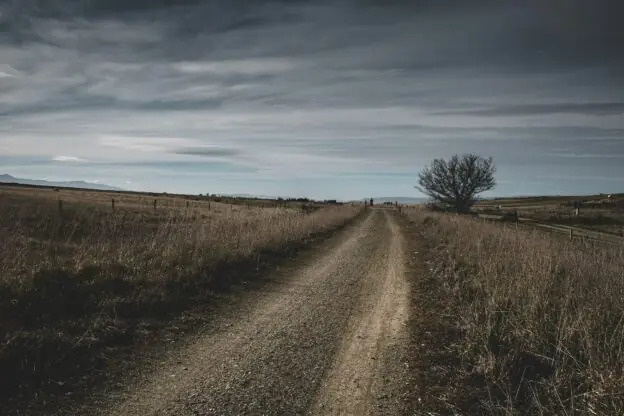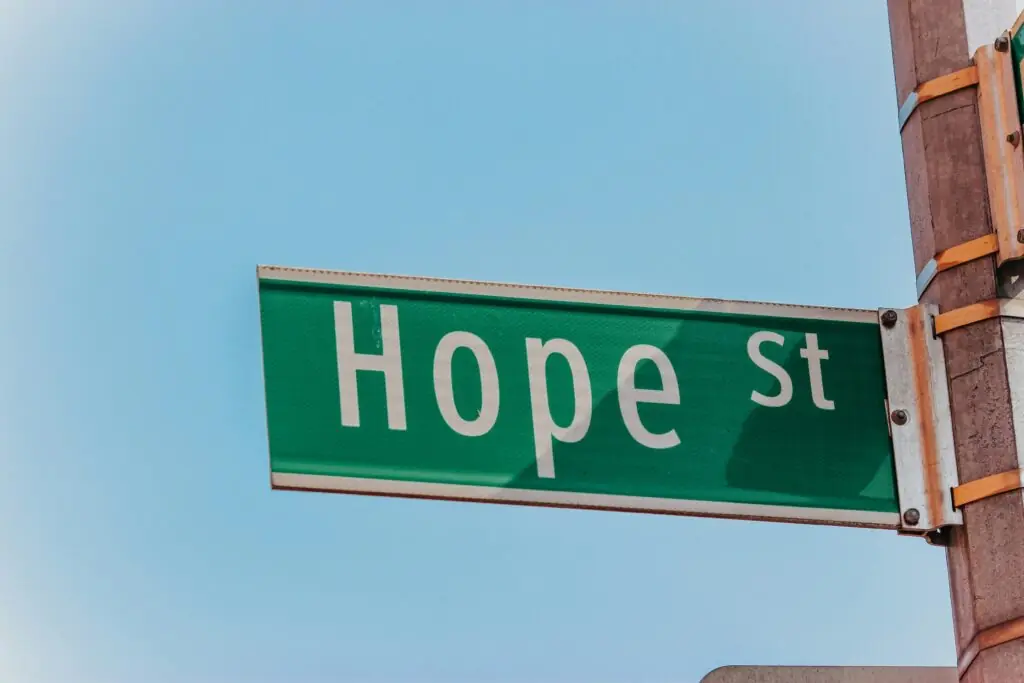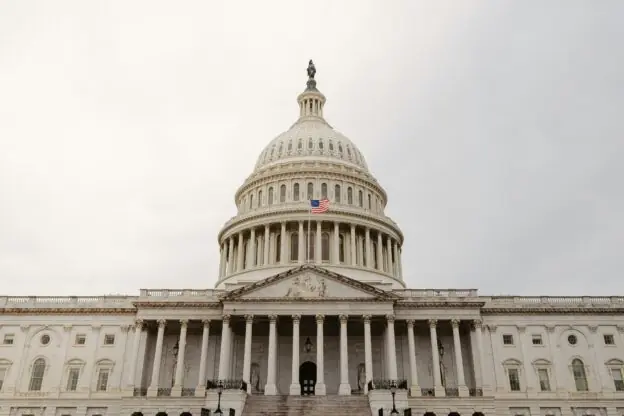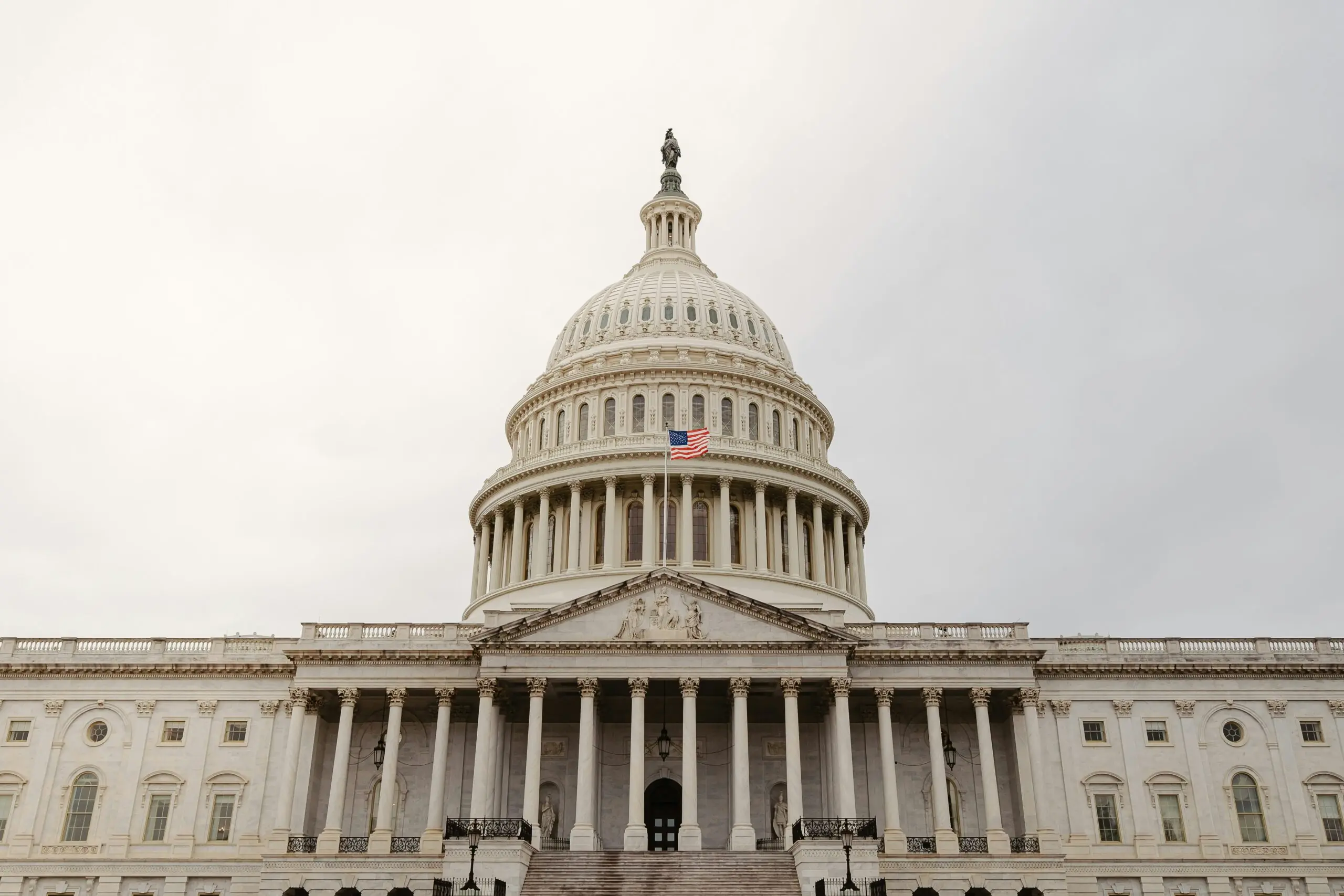When God Calls Us To The Wilderness Road by Rob Haynes

There is a familiar story line I sometimes see in movies or books that goes something like this. Someone is facing a crisis and wants to overcome the current situation. The hero of the story goes to a wise master for guidance. The master gives the new student a series of tasks to do to train for the work ahead. However, the tasks seem to make no sense at all, they seem to be unrelated to the ultimate goal the student wishes to accomplish. Yet, through the patient teaching of the master, the student learns that the tasks were, in fact, preparing the student all along.
Maybe you feel that way about your encounters with God at times. There are occasions when God calls us to do things that just don’t seem to make sense. The account of Philip and the official from Ethiopia is but one example of such a call. I encourage you to take a minute to read about their encounter in Acts 8:26-40, but I’ll give you a quick recap. Philip is called to leave Samaria and Jerusalem to go down an out-of-the-way Wilderness Road. There he encounters an Ethiopian official, a eunuch. Philip shares the Good News of Jesus and the Ethiopian is baptized in his new faith in Christ. It sounds simple, yet it is a remarkable story. The truth of which has all sorts of meaning for anyone who wants to be used by God to share faith in Jesus.
To get a better appreciation of the radical call on Philip’s ministry that led to the encounter with the man from Ethiopia we need to go to the earlier part of the chapter. Acts 8 opens with the record of the young church being persecuted by Saul, before his conversion and renaming to Paul. The apostles’ response is enthusiastic and fervent preaching of the Good News of Jesus Christ. Philip is one of Jesus’ twelve disciples. John’s Gospel tells us that he was close to Jesus. We know he was from Bethsaida, the same town as Andrew and Peter. He is among those preaching in chapter 8.
Philip is called to preach in Samaria. It would be hard to overstate the deep divide between Jews and Samaritans at this time. The ethnic divide is so deep, in fact, that Jews are told to not even take any dirt from the Samaritan towns on the soles of their shoes. No, they are told to shake that dust off and leave it at the edge of town rather than take it with them.
Yet, the response to the Message of Jesus is strong. Signs, wonders, and healings are taking place. So much so that verse 8 tells us that the whole city was filled with joy. Miracles are happening. Lives are being changed. Numbers are growing. By all earthly measures, Philip’s ministry is exactly where it should be. Which leads us to an important lesson: Don’t fall into the trap of measuring your life with God in earthly metrics. It is tempting to measure our lives with God by things like our financial “net worth” (I loathe that term), our parents’ status in the community, our children’s success, membership in the right groups, or some other such thing. However, what God asks from us is faithfulness. He will produce every other success we need.
In the middle of all these wonderful things going on, God calls Philip back to Jerusalem. Maybe even that is seen as a bonus—you know, sort of like getting a promotion to the big city to take a big assignment. However, verse 26 tells us that God has something else in mind. An angel appears to him and tells Philip to leave his successful ministry. He is to go south (where very few people live). He’s to take the wilderness road to Gaza (which few people use). In addition, he’s to go in the middle of the day, according to the Greek (when few people travel). Everything points to a “reduced assignment”, we might say. Philip’s response is to go when and where he’s told.
There he encounters the Ethiopian official, headed back home after worshiping at the Temple. The fact that he’s riding in a chariot tells us that he’s particularly wealthy and powerful. Verse 29 shows us that Philip is listening to the Holy Spirit, and he’s told to go run alongside the chariot to talk with him. Which leads us to a second lesson: When God calls you to do something, it may not fit your sensibilities. See if you can capture the absurdity of the moment: Here’s Philip, a poor itinerant preacher. A fisherman by trade, now out in the deserted wilderness. He runs alongside the chariot to strike up a conversation as he overhears the official reading from Isaiah. Picture that for a second.
We know that the official has questions. Lots of them. God leads Philip to answer them to the point where this one person is converted and baptized in a pool of water that they encounter along the way. Immediately after this, Philip is taken away, some 20 miles north. (We don’t know exactly how, but wouldn’t you love to see that instant replay?!) Third lesson: When God calls you, He’s already wherever you’re going. Look at what’s happened here: Philip is called to leave a ministry where the enemies of Israel are being converted in droves. Miracles are happening. Instead, he’s called to go in the middle of nowhere to talk to one person. Why did he ask Philip to talk to this one, nameless-to-us, person? Well, we will only find that answer on the other side of this life. However, there are a few things we can say. Christianity is not first a western thing, nor European thing. We know that it spreads to northern Africa. During the first five centuries of the church, this region of the world produced some of the greatest Christian thinkers of all time who still influence us today. They include Tertullian, Athanasius, St. Augustine, Aurelius, Clement of Alexandria, Cyprian, and Origen. These are directly influential (though centuries later) on Western thinkers like John Calvin, Martin Luther, John Wesley, and others.
According to the accounts of Acts, the Ethiopian official is the first convert outside of Jewish lineage. While we can’t be sure, it is reasonable to think that this person would have had some piece in spreading the Message of Jesus to the parts where it grew so strongly, and has influenced us so.
This is a reminder that even when things don’t make sense, pay attention to what God is doing. Philip’s call from God was clearly within his gifts. Yet, he was called to a time, a place, and a person that was clearly beyond what “normal” expectations might be. The result was far beyond what any of us could have imagined. That result began with one person faithfully following the Master’s instruction, even when they didn’t seem to make sense. Even when things aren’t the way we think they could and should be, remember that God wastes no person, no place, no thing. May we be faithful and obedient upon whatever wilderness road falls beneath our feet.
Subscribe
Get articles about mission, evangelism, leadership, discipleship and prayer delivered directly to your inbox – for free
















